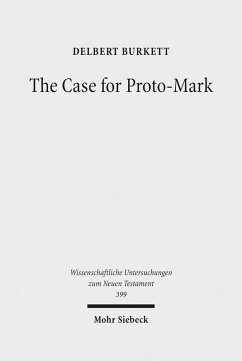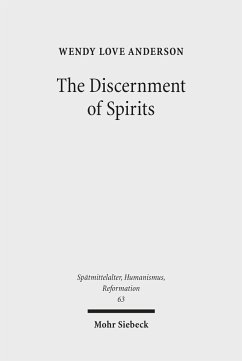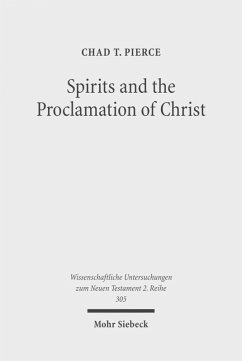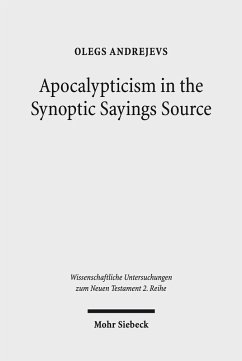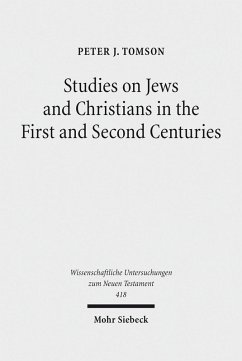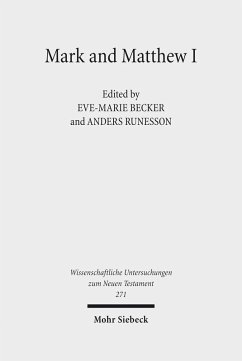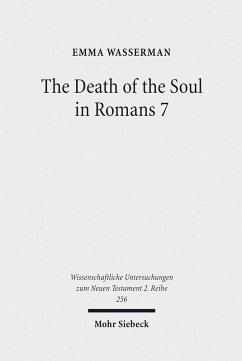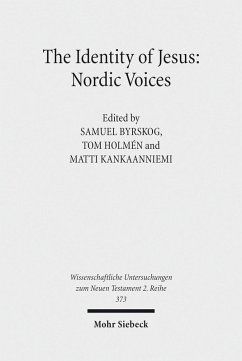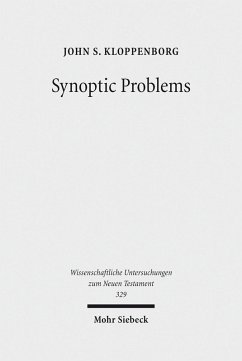
Jesus and the Impurity of Spirits in the Synoptic Gospels (eBook, PDF)

PAYBACK Punkte
0 °P sammeln!
One of the more puzzling features of early Christian attitudes toward purity is the frequent reference in the Synoptic Gospels to spirits as impure, particularly in view of the absence of similar expressions in Greco-Roman literature up through the second century C.E. Despite the unusual language employed by the Gospel writers, few investigators have considered what this expression might mean in light of the association between spirits and impurity in ancient Jewish and early Christian literature. Clinton Wahlen's study fills this gap by examining how each Gospel's distinctive portrayal of pur...
One of the more puzzling features of early Christian attitudes toward purity is the frequent reference in the Synoptic Gospels to spirits as impure, particularly in view of the absence of similar expressions in Greco-Roman literature up through the second century C.E. Despite the unusual language employed by the Gospel writers, few investigators have considered what this expression might mean in light of the association between spirits and impurity in ancient Jewish and early Christian literature. Clinton Wahlen's study fills this gap by examining how each Gospel's distinctive portrayal of purity and impure spirits fits this larger context. The clear reluctance of the Synoptic writers to abandon traditional categories in their characterization of demonic activity suggests that they write from a standpoint less removed from Judaism than is sometimes supposed. The inquiry also sheds light on some early attempts at 'Christian' self-definition in relation to ethnic Israel. Born 1960; 1989 M.Div. Andrews University; 1992-1998, Lecturer in New Testament and Greek, Zaoksky Theological Seminary, Russia; 2004 Ph.D. Cambridge University; currently Associate Professor of New Testament, Language and Literature, AIIAS Theological Seminary, Philippines.
Dieser Download kann aus rechtlichen Gründen nur mit Rechnungsadresse in A, B, BG, CY, CZ, D, DK, EW, E, FIN, F, GR, HR, H, IRL, I, LT, L, LR, M, NL, PL, P, R, S, SLO, SK ausgeliefert werden.




